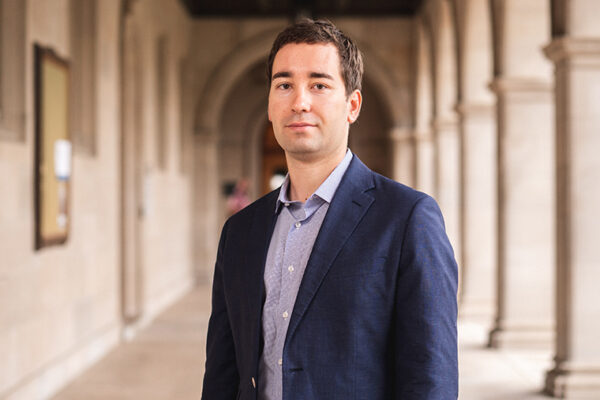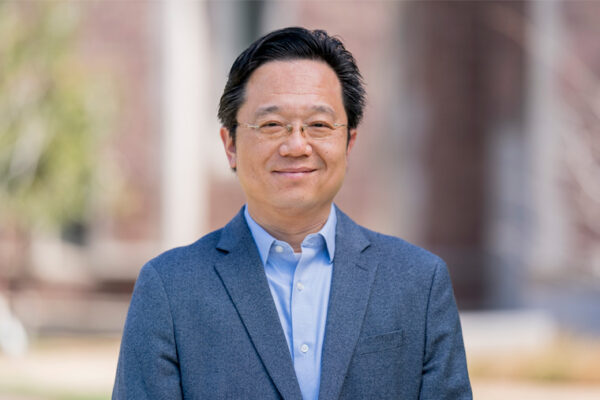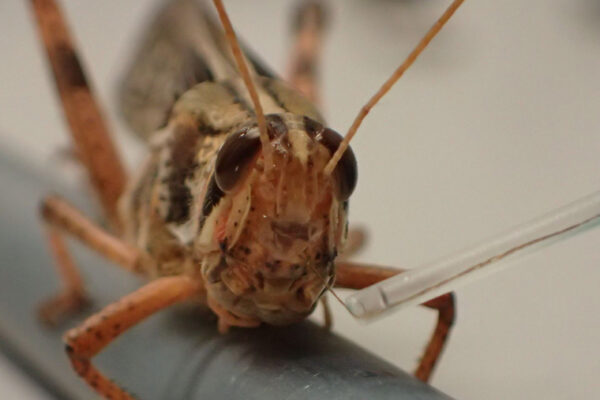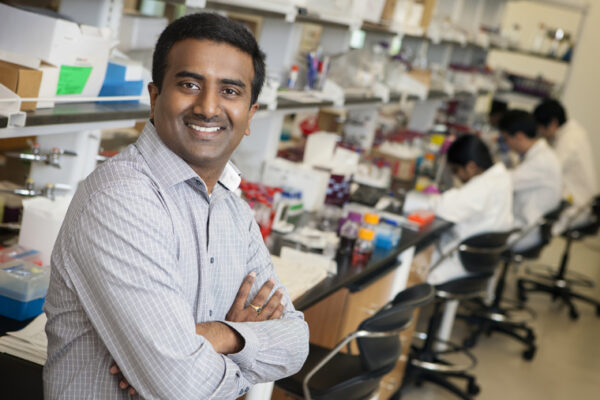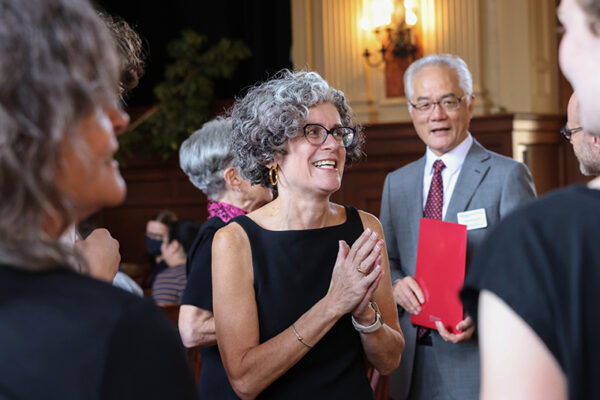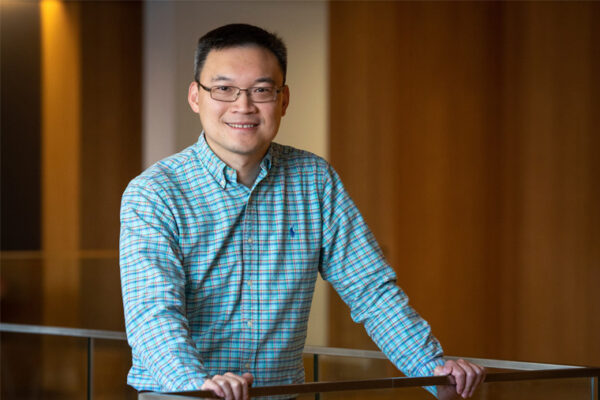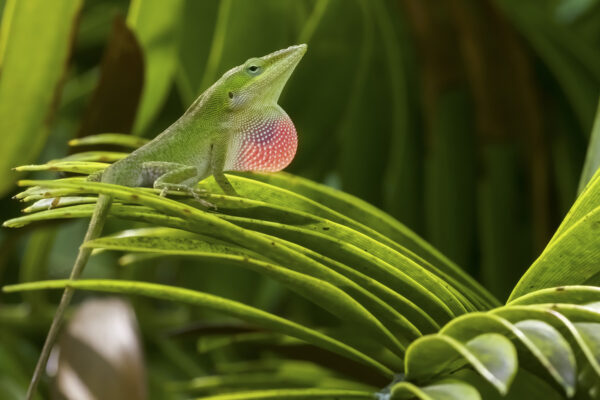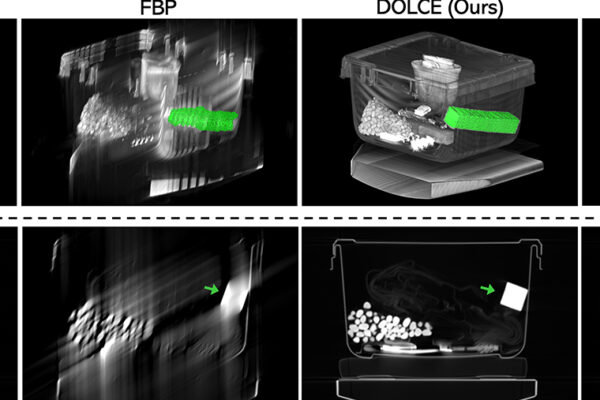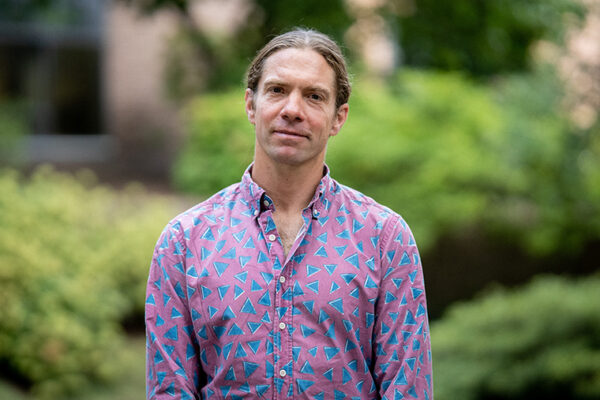For microbial communities, simpler may be better
Physicist Mikhail Tikhonov, in Arts & Sciences, developed a new statistical model that could help design microbial communities for performing certain functions.
Award for paper on predicting postoperative complications with wearables, AI
A paper published by an interdisciplinary team led by Chenyang Lu at the McKelvey School of Engineering received a Distinguished Paper Award from the Proceedings of the ACM on Interactive, Mobile, Wearable and Ubiquitous Technologies.
Engineers to build cyborg locusts, study odor-guided navigation
Researchers at the McKelvey School of Engineering have long sought to understand the power of locusts’ sensing, computing and locomotory capabilities.
Singamaneni to develop advanced protein imaging method
With a $450,000 grant from the National Science Foundation, Srikanth Singamaneni at the McKelvey School of Engineering will develop a method that combines a bright fluorescent nanoparticle with expansion microscopy to image secreted proteins with high sensitivity, precision and accuracy.
Levin installed as a George William and Irene Koechig Freiberg Professor of Biology
Petra Levin, a professor of biology in Arts & Sciences, was installed as a George William and Irene Koechig Freiberg Professor of Biology in a Sept. 19 ceremony held in Holmes Lounge. Her installation address was titled “The Environment Matters.”
Foundations award $5 million for food production initiative
Feng Jiao, a professor of energy, environmental and chemical engineering at the McKelvey School of Engineering, will lead work designed to address food insecurity in low- and middle-income countries.
Shedding light on mechanisms behind Alzheimer’s disease
Song Hu at the McKelvey School of Engineering plans to develop deep-brain fiber-optic techniques to investigate the cause of memory loss in Alzheimer’s disease.
No lizard is an island
New research from Washington University in St. Louis and the Georgia Institute of Technology directly measures the long-term survival of lizards in the wild, providing a more complete explanation of how evolution plays out among species that live side-by-side.
Meet DOLCE, an AI tool that reconstructs CT images from limited-view data
Ulugbek Kamilov and Jiaming Liu in the McKelvey School of Engineering developed a sophisticated deep learning model that can create high-quality CT images from severely limited data and quantify the uncertainty in the reconstructed images.
Speeding up creation of quantum entanglement
A team of researchers including Kater Murch, professor of physics in Arts & Sciences, has found a shortcut to establishing a baffling phenomenon of quantum physics.
View More Stories
